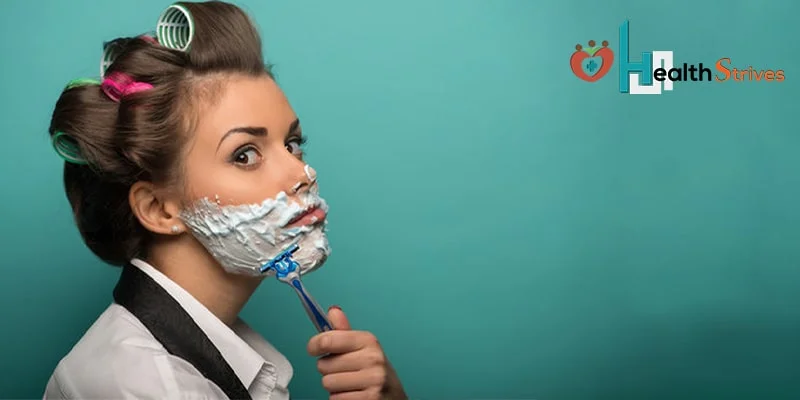Unveiling the Potential Side Effects of Face Razors: A Closer Look

The trend of using face razors for women has gained significant popularity in recent years as more individuals seek alternative methods for facial hair removal. While these razors promise a smooth and radiant complexion, it's crucial to be aware of potential face razor side effects that may accompany their use.
Skin Irritation:
One common side effect associated with face razors is skin irritation. The fine blades can sometimes cause redness, itching, or a burning sensation, particularly for those with sensitive skin. It's advisable to test a small area before using a face razor on the entire face and to opt for razors specifically designed for facial use, which often have smaller blades and a gentler design.
Ingrown Hairs:
Another concern is the development of ingrown hairs. Face razors cut hair at the surface level, and when the hair regrows, it may become trapped beneath the skin, leading to painful and unsightly ingrown hairs. Regular exfoliation and proper aftercare can help minimize this risk.
Risk of Nicks and Cuts:
Due to their sharp blades, face razors pose a risk of nicks and cuts, especially when not used with caution. A slip of the hand or uneven pressure can result in minor injuries. Using a clean, sharp razor and following proper techniques can reduce the likelihood of accidental cuts.
Infection:
If not handled or sanitized properly, face razors can introduce bacteria to the skin, potentially causing infections. It's essential to clean the razor before and after each use, store it in a clean, dry place, and replace blades regularly.
Conclusion:
While face razors offer a quick and accessible solution for facial hair removal, it's essential to be mindful of potential side effects. Individuals should understand their skin type, follow proper techniques, and prioritize hygiene to minimize the risks associated with using face razors. As with any beauty tool, moderation and care are key to achieving the desired results without compromising skin health.
- Art
- Causes
- Crafts
- Dance
- Drinks
- Film
- Fitness
- Food
- Games
- Gardening
- Health
- Home
- Literature
- Music
- Networking
- Other
- Party
- Religion
- Shopping
- Sports
- Theater
- Wellness


